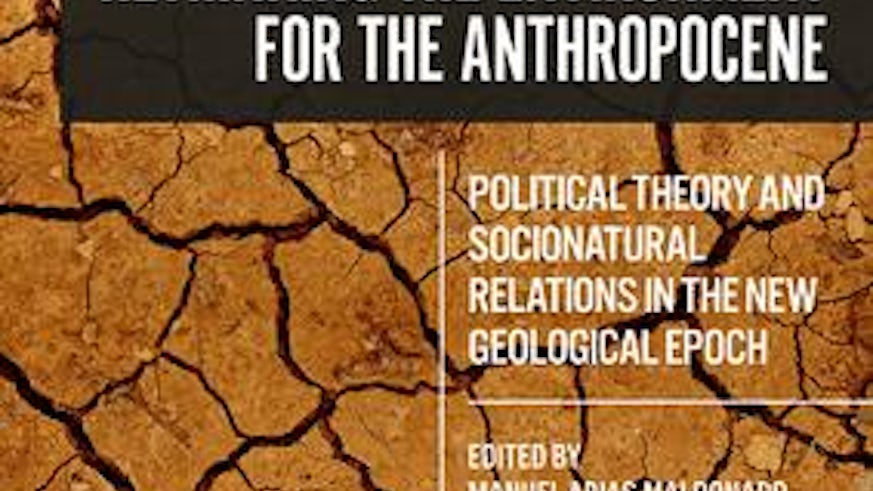Novel ecosystems and the return of nature in the Anthropocene
29 April 2019

A growing recognition of the impact of human beings on nature, has prompted social scientists to explore the ways in which social process shape the environment and disrupt ecosystem service on which we rely.
For millennia human society has shaped land use patterns and altered ecosystems and global patterns of biodiversity. This period, during which human activity has been the dominant influence on climate and the environment, has become widely referred to as the Anthropocene.
In this new book Professor Baker explores the concept of novel ecosystems, or ecosystems that are generated by some form of anthropogenic disturbance, and their significance both in terms of our understanding of nature and ‘natural’ and in terms of how we strive to conserve, protect and understand nature.
With at least a third of the earths land surface now seen as ‘novel’, she argues that the presence of novel ecosystems across the world can be taken as an indicator for the Anthropocene, or the degree to which humans have shaped nature, and their existence strengthens the view that it is no longer valid to treat natural systems as separate from human systems.
However, while acknowledging that nature is subject to human influence, Professor Baker argues that this is a matter of degree. “While these novel ecosystems might be initiated by human activity, they can in many cases sustain themselves without human interference – showing that nature is not ultimately under our control.”
Throughout the chapter Professor Baker explores current academic debate around novel ecosystems and its implications for conservation policy and practice, ultimately insisting that there is a need to develop a more sophisticated view of nature in the Anthropocene. In developing sustainable interactions between nature and society she says, “humans must work in tandem with nature, recognising that nature has not been completely subsumed into society but rather retains its own autonomous dynamic.”
Rethinking the environment for the anthropocence brings together the most current thinking about the Anthropocene in the field of Environmental Political Theory (EPT), displaying the distinctive contribution EPT makes to the task of thinking through what 'the environment' means in this time of pervasive human influence over natural systems. It is available from Routledge
